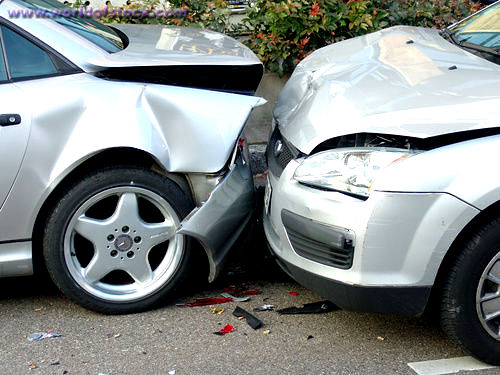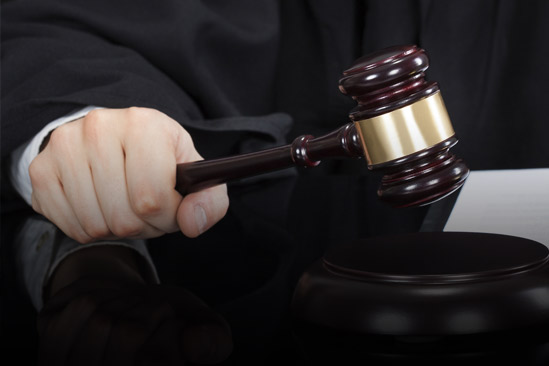In today’s world, many teenagers are choosing Uber over driver’s licenses. Not surprisingly, many parents are in agreement with this choice. In homes all over Miami and in South Florida, families are discussing the safety and economics of using Uber instead of owning, maintaining, insuring another vehicle in the household.
Miami Uber accident attorneys have also had this discussion with clients. In the course of helping accident victims in South Florida, our personal injury lawyers in Miami meet with the parents of teenagers who are coming of driving age. Our Uber car accident attorneys in Miami usually discuss the legal responsibilities and obligations of Uber or Lyft after an accident no matter whether it is a driver or passenger. But increasingly, parents are curious about our Miami personal injury lawyers’ opinion on the issue of using Uber as a primary transportation choice for their children.
As for the legal perspective, Uber and other companies like it are required to maintain $1 million of insurance that may be available to Uber drivers and passengers. But because this is a new area of the law, many issues remain to be decided by the courts. Our Uber injury lawyers anticipate considerable litigation on issues involving insurance coverage for bodily injury, uninsured motorist, and personal injury protection benefits. Uber insurance coverage issues will not only involve the insurance provided by Uber, but also the insurance of other drivers and passengers.
 Miami Personal Injury Attorney Blog
Miami Personal Injury Attorney Blog


 If you are driving a car and you rear end another vehicle, is it automatically your fault? The short answer is no. There are certain facts that may help you prove that the rear end car accident is not your fault.
If you are driving a car and you rear end another vehicle, is it automatically your fault? The short answer is no. There are certain facts that may help you prove that the rear end car accident is not your fault. Can I get the other side to pay my attorney’s fees in my Miami car accident case? The answer is sometimes, yes.
Can I get the other side to pay my attorney’s fees in my Miami car accident case? The answer is sometimes, yes. According to the
According to the 